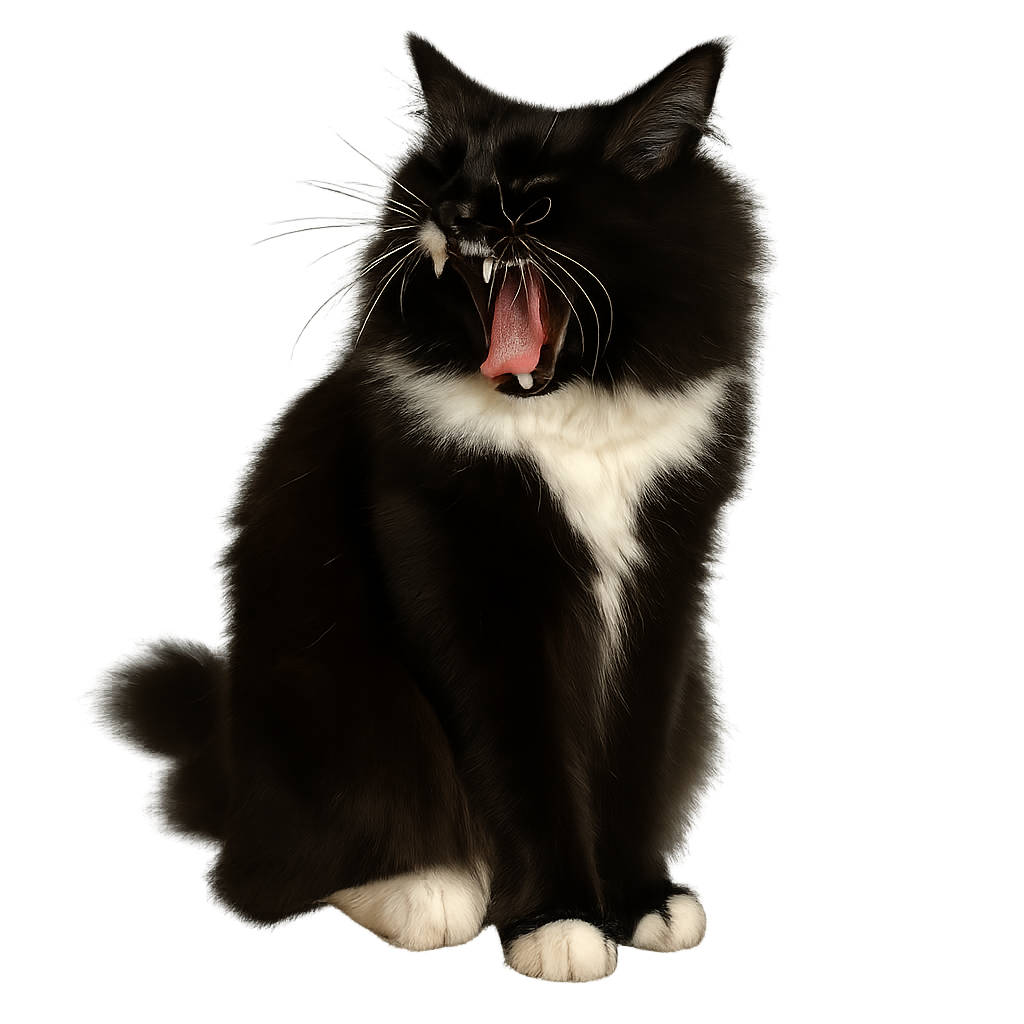Day 2: Saying Sorry in Chinese, English, and Hockey
This is day 2 of journaling with Selena. Today’s prompt:
What word(s) do you use too often?
There are three main phrases for saying sorry in Chinese:
对不起 – Literal translation: (I) can’t face you. Use case: You’ve hurt or wronged someone.
不好意思 – Literal translation: There is no good meaning/intention. Use case: small favors, interruptions.
抱歉 – Literal translation: (I) hold/embrace regret. Use case: formal apologies, written apologies, serious apologies.
Growing up, I heard 不好意思 all the time. Even though the literal translation seems to make no sense, it’s more accuractely characterized by I’m embarassed. Before phone calls: 不好意思打扰你, I’m embarassed for disrupting you. When arriving at parties: 不好意思晚来,I’m embarassed for being late. Before excuses: 不好意思,火车没来, I’m embarassed, the train didn’t come.
The other two, I never heard. Maybe once in a while I’d hear a desolate 抱歉 or 对不起 from a eunuch or lover, one of the many characters in the C-Dramas that kept my mom so entertained, but never from my own family members. When I tried to say it, they would ask me, what do you have to be sorry for? At the same time, I’d never use 不好意思. After all, what did I have to be embarassed about? Family is family, after all.
Speaking English was different. Saying sorry seemed to be enforced. They say that please and thank you are the magic words, but sorry was magic the way it seemed to automatically solve problems for elementary school me. Oops, you broke your friend’s toy? One sorry was all it took to fix things. You ate your sister’s food? Sorry! After a while, whenever I’d hear my parents use 不好意思, I’d mirror them in English. Sorry for the trouble, sorry for being late, sorry – my alarm didn’t go off.
When it came to playing hockey, things changed again. Now, when you made a mistake, a couple things could happen. You could get scored on, and sorry lost its magic. Sorry didn’t cut it when you had to look your goalie in the eye after letting your guy blow by you. Alternatively, it was really a tiny mistake. The pass was a bit off and your teammate bobbled it. Your shot didn’t get to the net. You missed the tip by a little. Then, saying sorry felt way too big. I needed my own hockey 不好意思: “My bad!” “My fault!”
Now, I still apologize a lot. It’s so easy to use my magic word for the little things. Sometimes I’m not sorry, yet I convince myself I’m apologizing out of politesse. Sometimes, using a “my bad” feels a little less heavy, like I’m not abusing the magic.
Now, life hands me situations where I’ve been metaphorically scored on too. Then, when I say that I’m sorry, it feels like it’s not enough to really get at what I mean. When I woke my friend up the night before the SAT, I left 3 boxes of donuts on his desk with a letter. Desolate, how I wished there was a 对不起 for English. I couldn’t even face him. When I said “I’m sorry for your loss” to the sister of a friend who’d committed suicide, sorry wasn’t magic at all. If only I could solemnly say 抱歉 instead. By saying sorry more, my sorries have meant less.
So now, I’ll save my sorries. Because the little things really don’t matter. They have no meaning or explanation. There’s nothing to be embarassed about.
